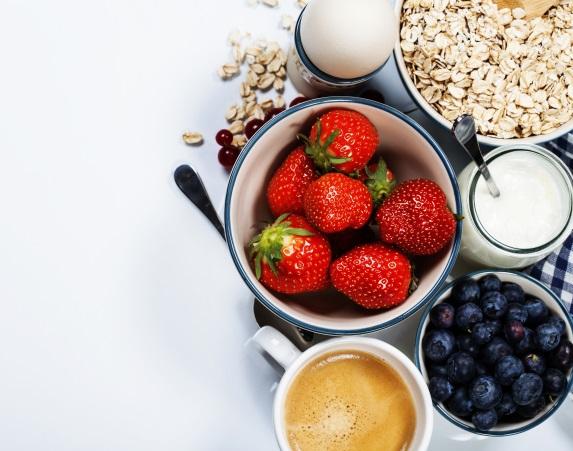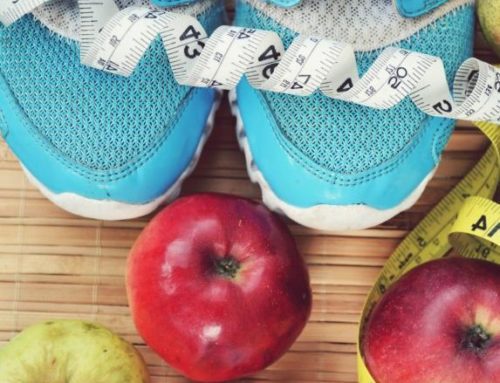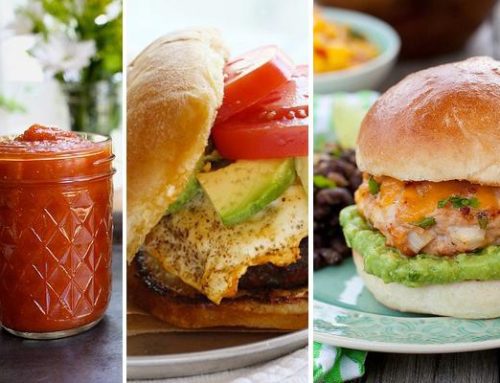You’ve heard that breakfast is the most important meal of the day, but why is it an essential way to kick-start your day? For starters, breakfast helps you refuel, providing energy for your brain to focus and body to run efficiently, says Lisa Andrews, RD and owner of Sound Bites Nutrition. Even more, a healthy breakfast can boost metabolism and help manage your weight better. Before you reach for a box of Pop-Tarts, check out this list of breakfast dos and don’ts.
Do fill up with fiber. Start your day with foods that will satisfy you for longer and prevent daylong grazing. High-fiber foods include oatmeal, whole-wheat toast, a bran muffin and fresh fruit.
Do avoid refined carbs and high-processed meats. Pastries, donuts, granola bars, bagels and breads made with white flour all pack on pounds with no nutritional benefits. Other breakfast food criminals include fatty “meats,” such as bacon, sausage and goetta, which introduce unnecessary fat, sodium, calories and chemicals into your diet.
Do include beneficial beverages. Water is a must for breakfast, since you likely haven’t hydrated during your sleep. Plus, it will give your metabolism a little boost. If you prefer some flavor, squeeze in a fresh lemon, which also brings a healthy dose of vitamin C. Coffee or caffeinated tea are also good to sip on, says Andrews. They boost metabolism and increase alertness. To keep the health benefits, avoid creamer and choose skim or 1 percent milk for added calcium and protein.
Don’t drink your breakfast. Smoothies can be loaded up with healthy fruits and vegetables, but don’t rely too heavily on them to start your day. “Solid food provides more satiety between meals,” says Andrews. The act of chewing, she says, provides a feeling of fullness, preventing you from over-indulging.
Don’t forget portion control. Incorrect portion sizes can turn a healthy meal into a high-calorie diet buster. According to Andrews, appropriate portion sizes for breakfast meals are:
- Oatmeal: 1/2 cup, cooked
- Eggs: 2 eggs (the American Heart Association no longer places limits on egg consumption)
- Bread: 1 slice (which equals 1 ounce)
- Yogurt: 6 to 8 ounces
- Fruit: 1 cup (your daily intake should be 2 cups)
Don’t forget the powerful duo. Combining protein with complex carbohydrates will provide the ultimate energy boost, while keeping you full for longer. Some easy meal options from Andrews are:
- Oatmeal with chopped nuts and cinnamon (which has been found to aid in blood sugar regulation)
- Natural peanut butter on a whole-wheat English muffin or whole-grain toast
- Scrambled eggs and low-fat cheese with spinach or salsa in a whole-wheat pita
- Fresh fruit and Greek or plain yogurt and eggs












Leave A Comment